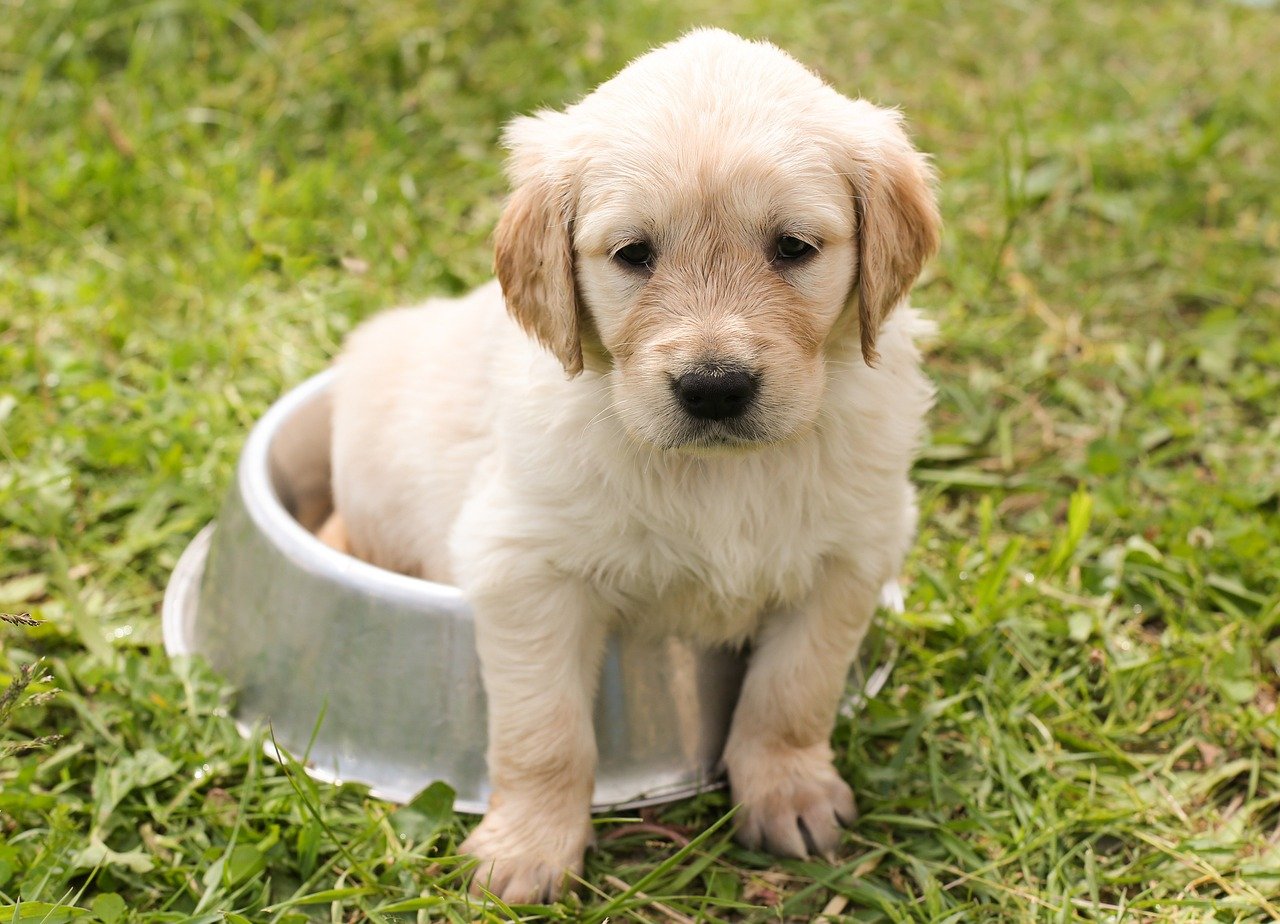Why Do Dogs Eat Grass and Is It Safe?
Why Do Dogs Eat Grass?
Have you ever wondered why your dog munches on grass during walks or playtime at the park? This behavior is quite common, and there are several theories about why dogs do it. Some believe that dogs eat grass to induce vomiting, suggesting it's an instinctive behavior to rid themselves of something harmful. Others think it might indicate an upset stomach or a dietary deficiency, with grass providing essential nutrients or fiber that aids digestion. However, the true reason behind this behavior remains a mystery.
Theories Behind Grass Eating
Instinctive Behavior
One theory is that eating grass is an instinctive behavior inherited from a dogs' wolf ancestors. Research indicates that wild canids, such as wolves and foxes, often consume plant material, which could explain why domestic dogs exhibit similar behaviors.
Nutrient Supplementation
In some cases, dogs may eat grass to supplement missing nutrients. In one report, an 11-year-old Miniature Poodle with a history of eating grass and vomiting stopped this behavior after being switched to a high-fiber diet, suggesting a dietary deficiency might have been the cause.
Normal Dog Behavior
Grass eating might also be a normal behavior related to hunger. A 2007 study found that dogs were more likely to eat grass when hungry and less likely after a meal. This suggests that grass consumption is not necessarily linked to illness.
Other Possible Reasons
Soothing an Upset Stomach
Some dogs might eat grass to soothe an upset stomach, although studies show that dogs with gastrointestinal issues are less likely to eat grass.
Curiosity and Attention
Young dogs often explore the world with their mouths, and grass might simply be something they try out of curiosity. Additionally, dogs may learn that eating grass attracts attention from their owners, potentially reinforcing the behavior.
Safety Concerns
While eating grass is generally considered safe, there are risks involved. Grass treated with pesticides or contaminated with fecal material can pose health threats. It's crucial to ensure your dog has a safe environment to explore.
Managing Grass Eating
If your dog frequently eats grass, consider these tips to manage the behavior:
- Keep your dog on a leash in grassy areas.
- Schedule walks after meals to reduce hunger-driven grass eating.
- Use positive reinforcement to encourage alternative behaviors.
- Provide safe, home-grown grass if your dog enjoys the taste.
When to Consult a Vet
If your dog shows signs of illness before or after eating grass, or if you suspect they've ingested treated grass, a vet visit is advisable. Ensure your dog's diet meets all their nutritional needs to prevent grass-eating related to dietary deficiencies.
By understanding the potential reasons behind this behavior and ensuring a safe environment, you can help your dog enjoy their outdoor adventures without the risks associated with grass eating.
If you found this blog post interesting, give GemmiYup a follow on social media below:
💎 Instagram - https://www.instagram.com/gemmiyup
💎 Facebook - https://www.facebook.com/profile.php?id=61562461457855&mibextid=ZbWKwL
💎 TikTok - https://www.tiktok.com/@gemmiyup
💎 X/Twitter - https://x.com/GemmiYup
💎 Pinterest - https://pin.it/2t2BUjZrf
💎 YouTube - https://youtube.com/@gemmiyup
Your support is greatly appreciated!

